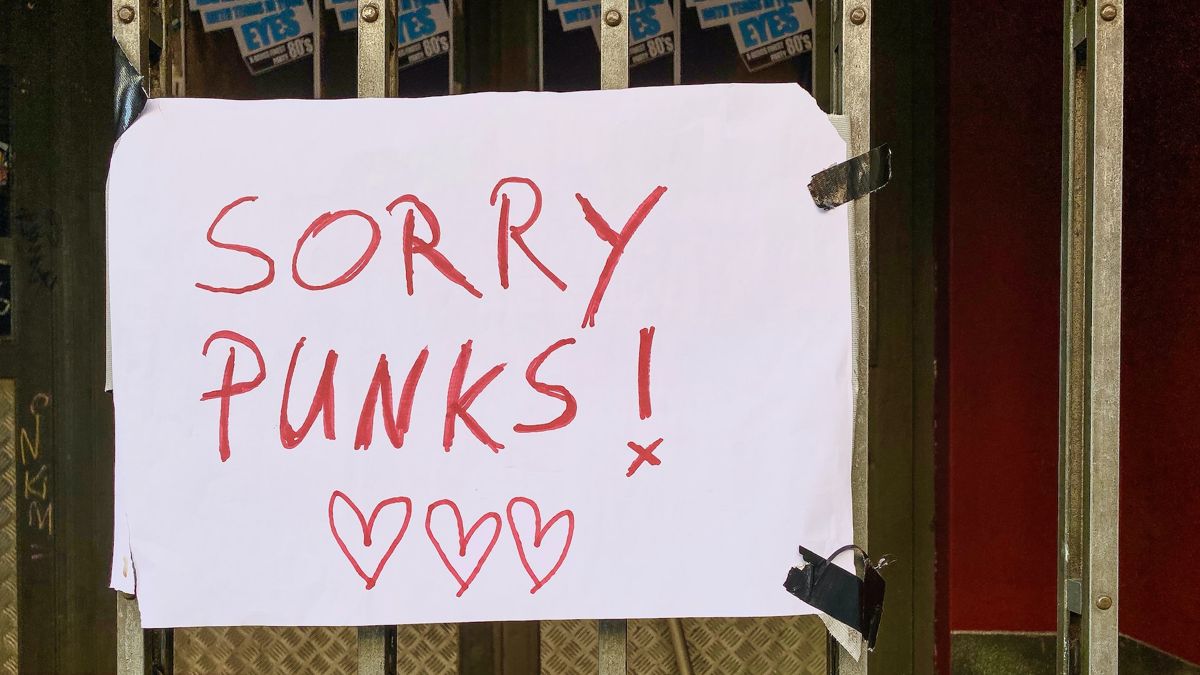Roger Waters Responds to Criticism Following Berlin Show

Roger Waters has recently come under fire over controversial imagery from his Berlin, Germany show on May 17. The former Pink Floyd frontman is now apologizing following the outcry and subsequent investigation by Berlin police into his use of Nazi imagery during the concert.
In a statement recently issued on social media, Waters expressed that he has “spent my entire life speaking out against authoritarianism and oppression whenever I see it,” adding that he was sorry for any offense caused by the images. He further clarified that the music and images were created as a form of protest against authoritarian regimes everywhere, and in particular those currently in power in some countries.
As news spread of the imagery used at Waters’ Berlin performance, other cities across Germany also attempted to cancel some of his remaining dates. Munich, Frankfurt, and Cologne each attempted to ban the concert due to similar concerns, but Waters fought back and took legal action against the city of Frankfurt to maintain the right to perform.
While he ultimately won this battle, the overall controversy has caused some to question whether certain forms of artistic expression have a place in society. While this is a difficult and complex issue to discuss, it is ultimately up to the audience to determine how they feel about any given artwork or performance.
It is clear that music and art can be used to express a powerful message. However, it is also important to recognize that everyone has the right to their own opinion on what is and isn’t appropriate. Ultimately, the decision of how far to take any form of artistic expression lies with each individual artist. Roger Waters has apologized for the imagery used in his Berlin performance and appears to recognize the responsibility of an artist to use their platform responsibly.
Regardless of one’s opinion of the imagery used, the situation serves as a reminder that all artists should keep the feelings and beliefs of their audiences in mind when producing their work. It is important for each artist to think critically about how their work may be perceived and consider repercussions before spreading any controversial or potentially offensive messages.